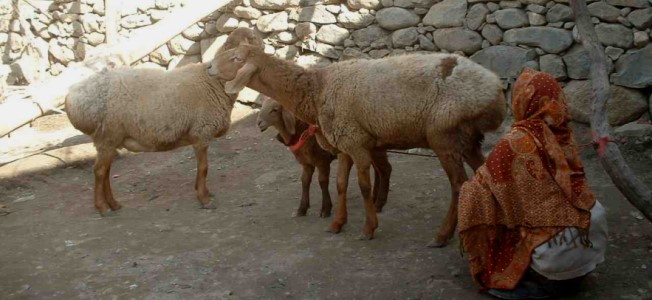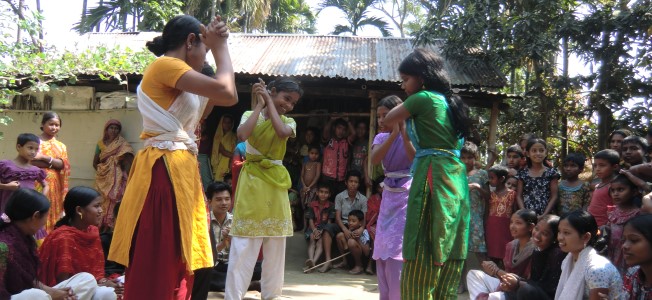Farza was once a fertile piece of land in Kabul of Afghanistan and was especially famous with its grape vineyards. But it has been for the past few years the frontier of conflicts between the Taliban and the Northern Alliance. When the Taliban retreated, people began returning to their villages. The place has been converted into a devastated state by reason of the war. It lacks health and sanitation facilities. It was reported that about 45% of the children there can go to schools, but actually the figure may be lower. People’s living there is difficult by reason of unemployment, lack of arable land, illiteracy, poor health, gender inequalities and vulnerability to disasters.
CEDAR has been supporting our partner in Afghanistan in its services for over 1300 villagers in Farza since 2007. A group based approach is applied in building up relationship of mutual trust, love and aid among the villager members. Each of the 44 self-help groups receives some basic health and literacy education and skills training of different kinds every week.
Agricultural trainings bring solution to villagers’ problem on unbalanced diet. In the project, new farming techniques on fruit tree farming and kitchen gardening are introduced bringing improvement to villagers’ health as well as the environment. A number of livelihood trainings including animal husbandry, fish farming, tailoring and carpet making are also provided. The project also consists of micro-credit loans to assist those unemployed villagers in setting up their own small businesses. Some would do animal and poultry husbandry and sell the fresh eggs and milk in the local bazaar at reasonable price. Meanwhile, women groups will receive education on basic health care bringing improvements to their physical health. The project also encourages mutual aid funds among group members for community developments. Eight of the groups have started money saving plans for installation of water blocks so as to protect their field from flooding.






